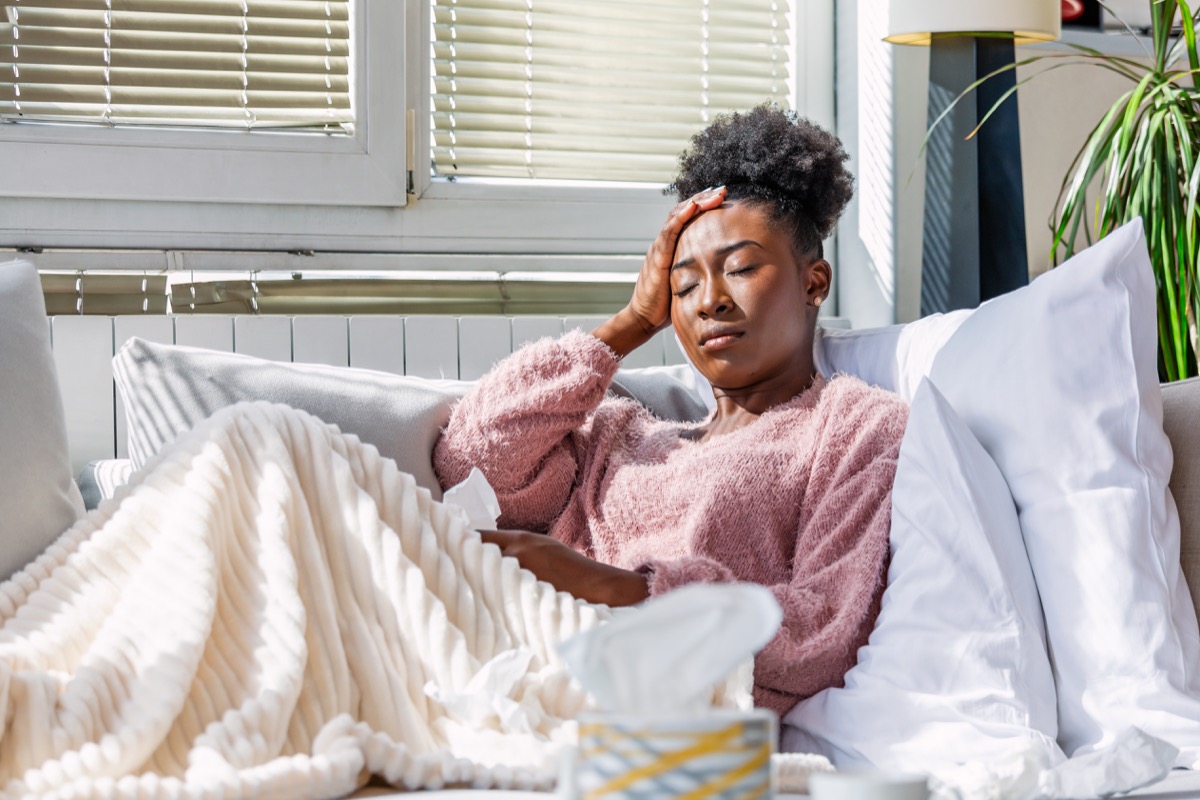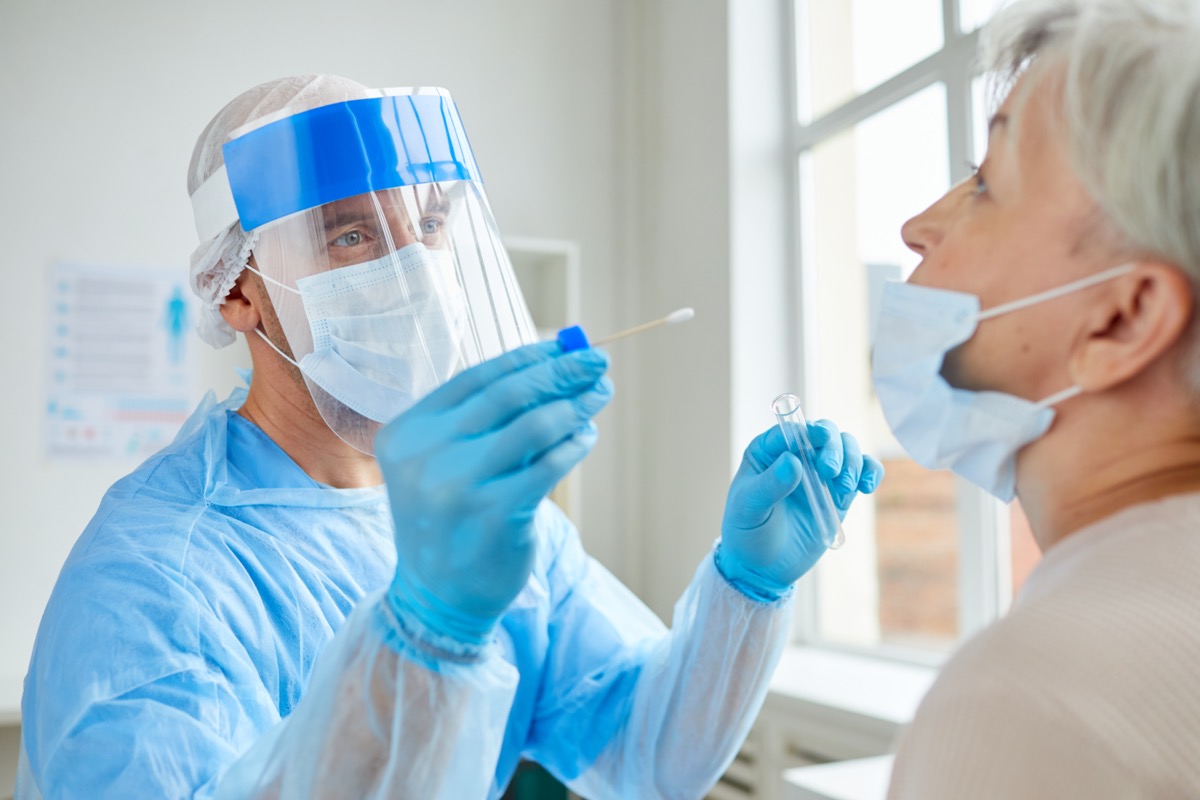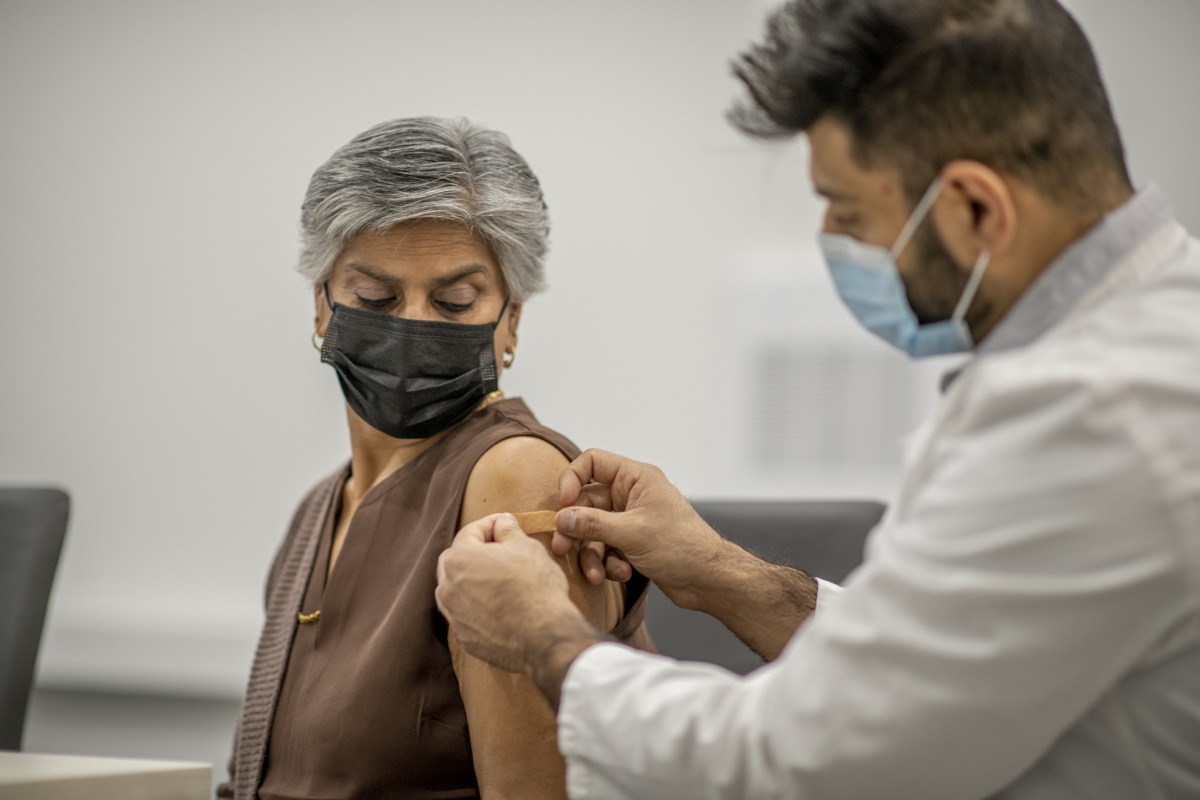During a Feb. 22 partner call with the CDC, Clifford McDonald, MD, of the CDC COVID-19 Emergency Response Team, confirmed that individuals will neither have to prove their ability to pay for a COVID vaccine before having it administered to them, nor will they have to prove their citizenship. “The federal government is providing vaccine free of charge to all people living in the United States,” McDonald explained. “No one can be denied a vaccine if they are unable to pay a vaccine administration fee.” When asked how the vaccine administration will be paid for, McDonald explained that insurance carriers—whether public or private—would foot the bill for the vaccine administration fees, and among those without insurance, the Health Resources and Services Administration Provider Relief Fund would pick up the cost. That’s not the only worry about getting the vaccine McDonald addressed, however; read on to discover what else the CDC advises in regards to your vaccination. And for the latest news on the pandemic, check out The CDC Is About to Relax These COVID Restrictions, Dr. Fauci Says. While having had the virus may confer some degree of protection against future COVID infections, that doesn’t mean you shouldn’t get a COVID vaccine if you’ve already had the virus—in fact, it’s recommended that you do. “Vaccinations should be offered to persons regardless of history of prior symptomatic or asymptomatic SARS-CoV-2 infection,” explained McDonald. And for the latest COVID news delivered straight to your inbox, sign up for our daily newsletter. There’s been a lack of clarity regarding whether or not people with active COVID cases should get vaccinated, but McDonald says there’s no need to get a COVID test or antibody test prior to your shot. “Viral testing to test to assess for acute SARS-CoV-2 infection or serologic testing to assess for prior infection for the purposes of vaccine decision making is not recommended at this time,” said McDonald. And if you’re worried about COVID transmission in your area, These 5 States Are Seeing COVID Cases Rise Again.ae0fcc31ae342fd3a1346ebb1f342fcb If you’re relatively certain you’ve been exposed to COVID, but a vaccine becomes available, you should still get the shot, even if you don’t know your infection status. If you “had an exposure and are awaiting results of SARS-CoV-2 testing, [you] may be vaccinated” as long as you don’t have COVID symptoms, McDonald explained. And for one subtle sign to be on the lookout for, check out If You’re Over 65, You Could Be Missing This COVID Symptom, Study Says. Most people should get their COVID vaccine when it becomes available to them, barring any allergies to vaccine ingredients, medical conditions that would disqualify them, or other contraindications dictated by a medical professional. Additionally, if you’ve had another type of vaccine in the past two weeks, you should hold off on your shot. “If you get any other vaccine first, wait at least 14 days before getting your COVID-19 vaccine,” says the CDC. They also note that you shouldn’t get another vaccine within 14 days after getting either one of your COVID shots, too. And if you want to play it safe, If You Take This Common Medication, Talk to a Doctor Before Your Vaccine.



